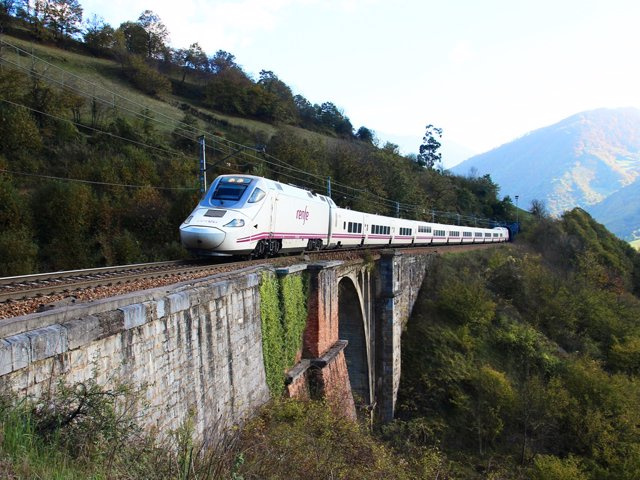Its approval will put pressure on France to conclude cross-border connections
MADRID, 19 Dic. (EUROPA PRESS) -
The Spanish Presidency of the Council of the European Union has reached a provisional agreement with the European Parliament to give the green light to the revision of the Regulation of the Trans-European Transport Network (TEN-T), setting the completion of the basic network for the year 2030 .
This milestone occurs the same year in which differences have arisen between Spain and France over their cross-border connections, after the latter country has delayed the launch of the high speed that will connect both countries, while Spain has committed to complete the infrastructure on its side by 2030.
The new TEN-T calendar also establishes that the expanded basic network will have to be completed in 2040 and the global network in 2050. The Spanish Government defends that the main objective of the new legislation is "to promote the development of a transport network reliable and high quality that guarantees sustainable connectivity throughout Europe without physical interruptions, bottlenecks or missing links.
Specifically, the Government places special emphasis on the completion of the cross-border sections of the Atlantic and Mediterranean Corridors, precisely those that are in danger after the delays announced in France.
Likewise, the revised regulation requires that the Mediterranean Corridor recover its maximum length, reaching the border with Ukraine, a position that the Ministry of Transport has been defending during the negotiations. Thus, the Mediterranean will be the only corridor that runs completely through Europe from west to east.
"The Trans-European Transport Network represents a clear commitment by all Member States to comply with the deadlines established to complete the network, especially in those cross-border sections included in the Corridors," clarifies the Ministry of Transport and Sustainable Mobility.
Likewise, it highlights that the regulation has instruments to support this commitment, reinforcing the role of the coordinators of the European transport corridors.
However, this is still a provisional agreement. Now, work on the text will continue at a technical level and, once completed, the Spanish Presidency will transmit the text to the representatives of the Member States for approval.
Subsequently, the text will undergo legal-linguistic review before being formally adopted by the co-legislators (Council of the European Union and European Parliament) and entering into force.
Beyond the railway field, the text recognizes the role of ports and short sea shipping with the creation of the European Maritime Area, the deployment of solutions such as eco-incentives and guaranteeing interconnection with outermost regions such as the Canary Islands. .
On the road, standards are established for the deployment of safe parking and rest areas, fulfilling the commitment to the road transport sector to improve safety and working conditions.













